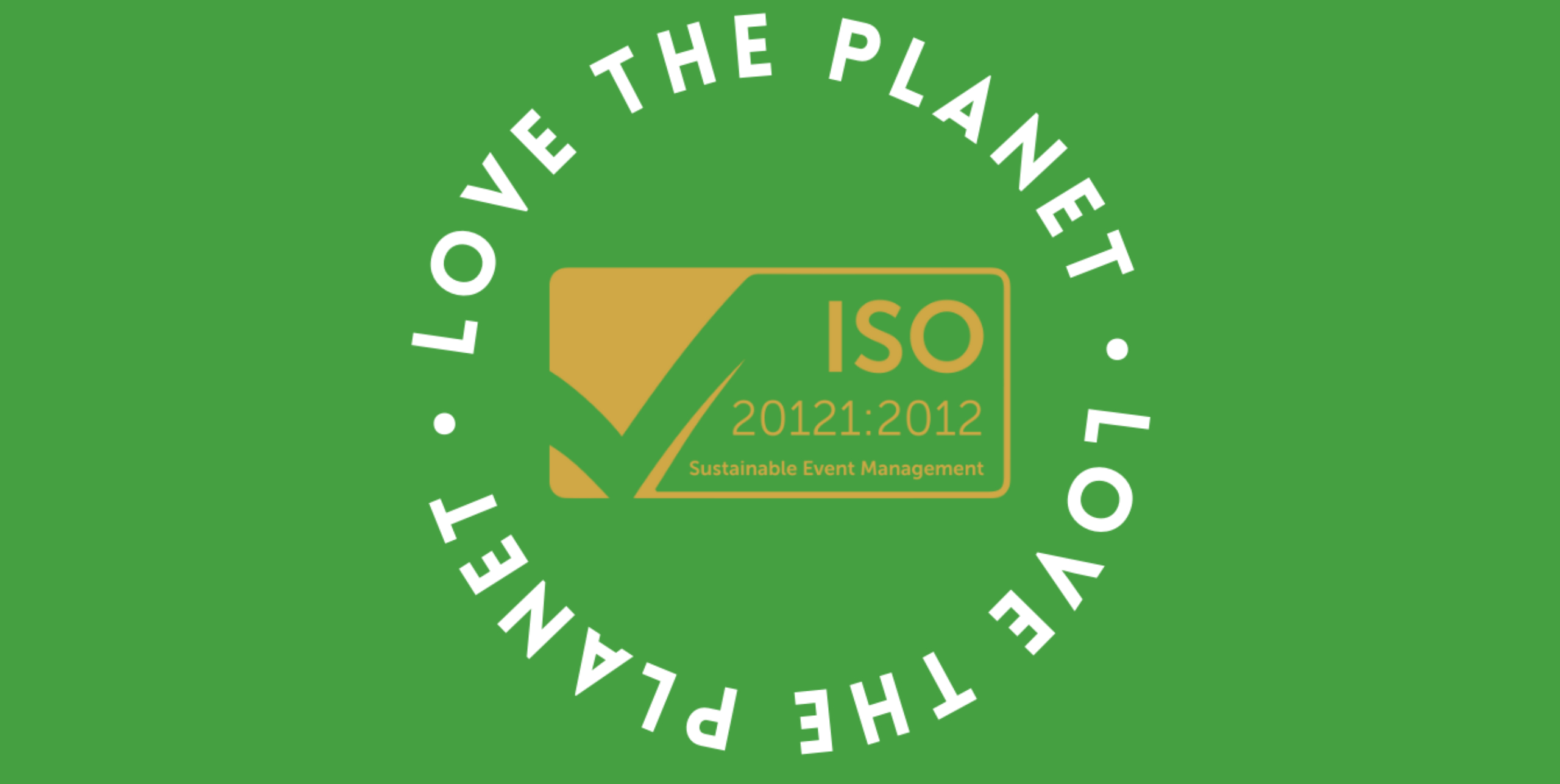Now or Never: The need for events to be more sustainable
Event industry practices can have a significant environmental impact due to factors such as transport, energy use, and waste. Due to the temporary nature of sometimes large-scale events, its contribution is speeding up damage to the environment.
We’re not saying we need to demonise the events industry, heck, we’re in it! We are passionate about what we do, but we also want to contribute towards a greener future.
By incorporating sustainable practices into event planning and execution, the negative impact of events on the environment can be reduced.
According to the Events Industry Council, sustainability for events means…
‘…taking action towards preserving the natural environment; promoting a healthy, inclusive society; and supporting a thriving economy.’
The four principles for sustainable events are;
- Event organisers and suppliers share responsibility for implementing and communicating sustainable practices to their stakeholders.
- Environmental practices include (but are not limited to);
Conservation of resources, including water, energy and natural resources, ethical waste management and responsible purchasing.
- Social considerations include (but are not limited to);
Monitoring community impacts, respecting host culture, implement good safety and security practices and being mindful of universal human rights.
- Sustainable events support (but are not limited to):
Collaboration and partnerships, equitable economic impact and supporting the local community.1
So, tips for making your event more sustainable…
It is important that we understand the environmental and societal impacts that events can have. Self-education and self-awareness are key to unlocking this. Consider workshops you can attend to learn more about sustainability within events. We at Shelton Fleming ran a Sustainability Discovery Workshop on Thursday 12th January 2023, in order to learn more about this important topic. We invited clients and trusted suppliers to join us. The agency/client/contactor gathering provided a holistic view of the collaboration required to deliver sustainable events. So, stay tuned for our workshop summary, coming soon!
Here are some practical ways you can start incorporating sustainability within your event delivery;
- Get talking early
Talk to your suppliers and collaborators. Incorporating a more sustainable approach early on in your event planning.
- Get buy in early
Getting buy-in early from your stakeholders also helps keep sustainability in the minds of those working on the event.
- Change habits
Switch from buying new and opting for single-use products to reusing, repurposing, borrowing, and hiring. Consider the afterlife of your event, can you donate or recycle what you have built?
- Go Local
Wherever possible, use local and sustainable resources.
- Help others
Encourage your attendees and event partners to think greener. Reduce the need for paper, printing and make it easier for those coming to your event to follow sustainable practices by taking their needs into consideration (e.g. does your venue have good public transport links?)
Choosing a city like The Hague in The Netherlands, to host your event, for example, offers a sustainable solution. The city’s energy grid, hotels, venues and transport run predominantly on sustainable sources. There’s ample of locally sourced catering solutions too. Links to Schiphol, a major European airport hub, makes The Hague accessible. Looking for these optimal locations around the world is a good starting point.
Hopefully after reading this, you will see small changes can have a significant impact.
Being climate friendly is becoming more and more important to consumers and customers, who are more willing to spend money on being sustainable.
We are here to help and are committed to making our events as sustainable as they can be; so, get in touch. We can talk about how Shelton Fleming can help you exceed your sustainability goals.
1 Events Industry Council, 2019. Principles for Sustainable Events, www.eventscouncil.org










